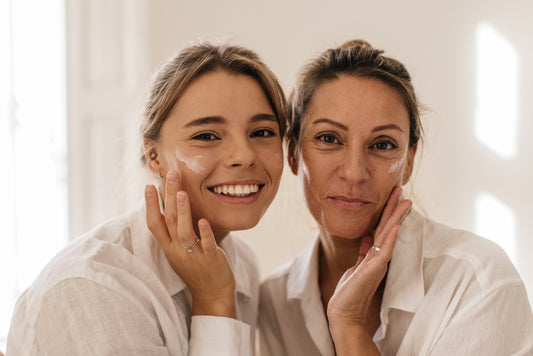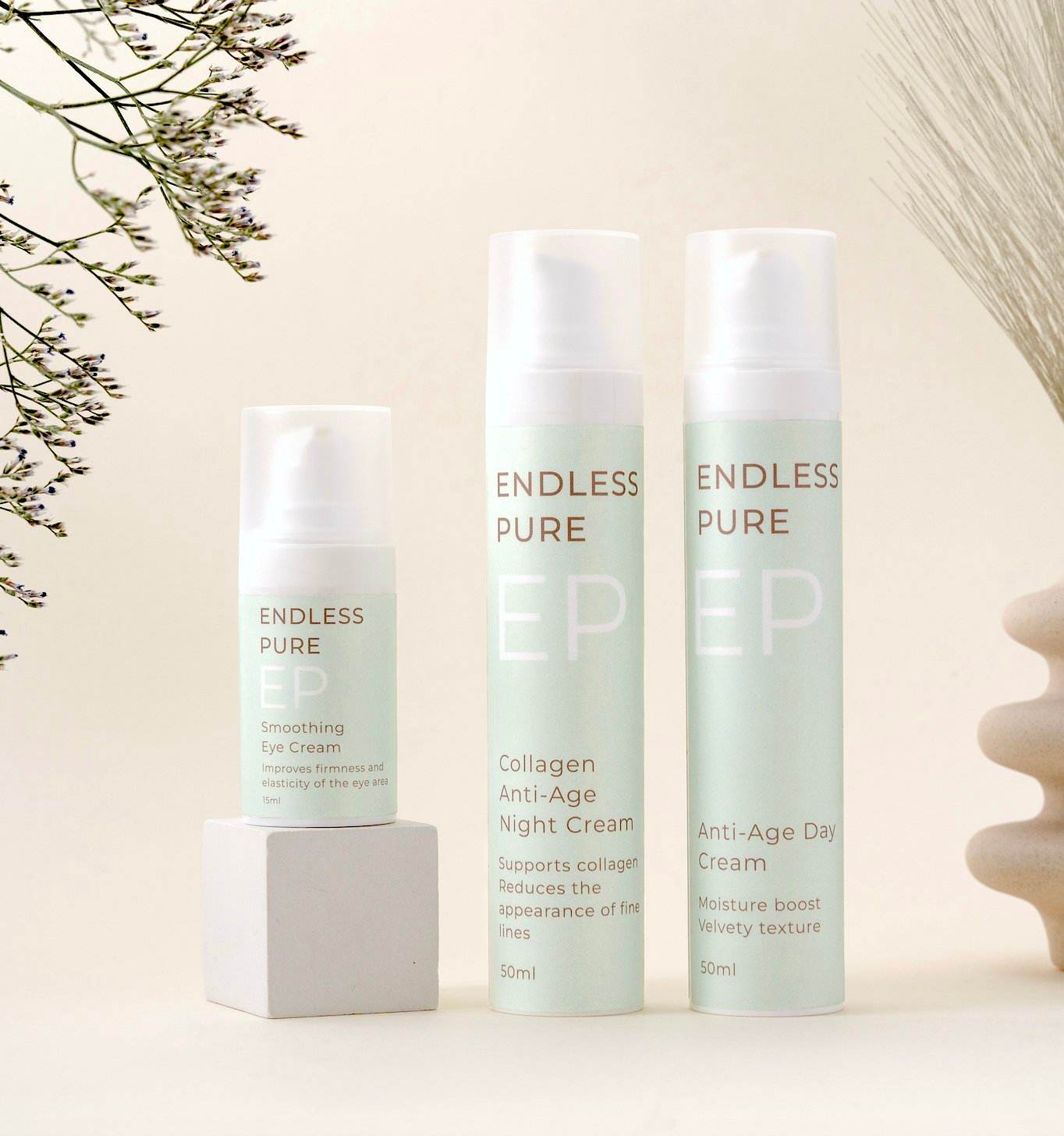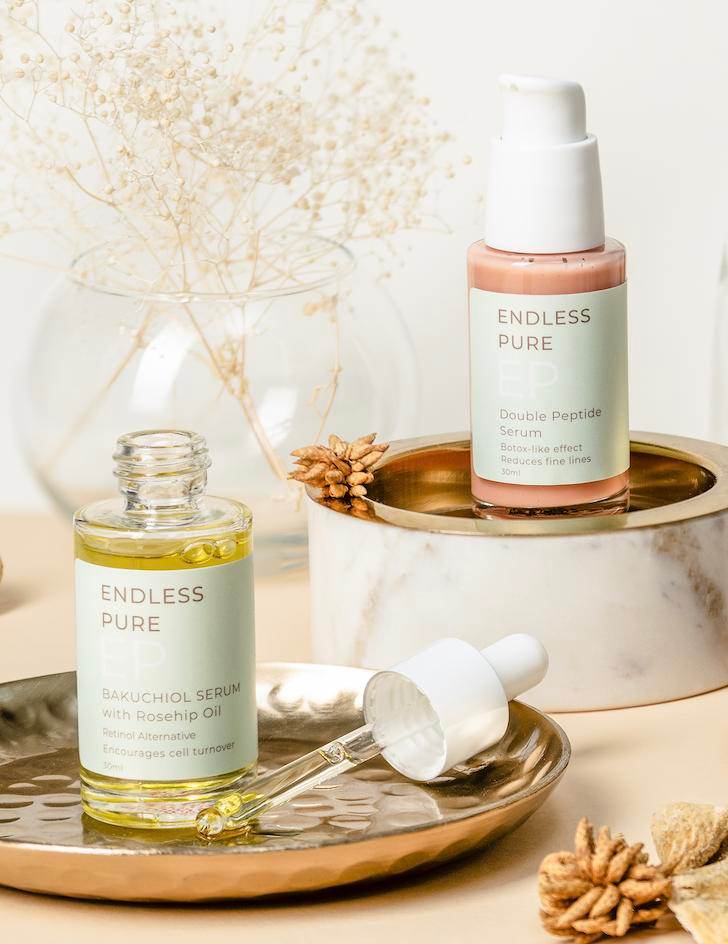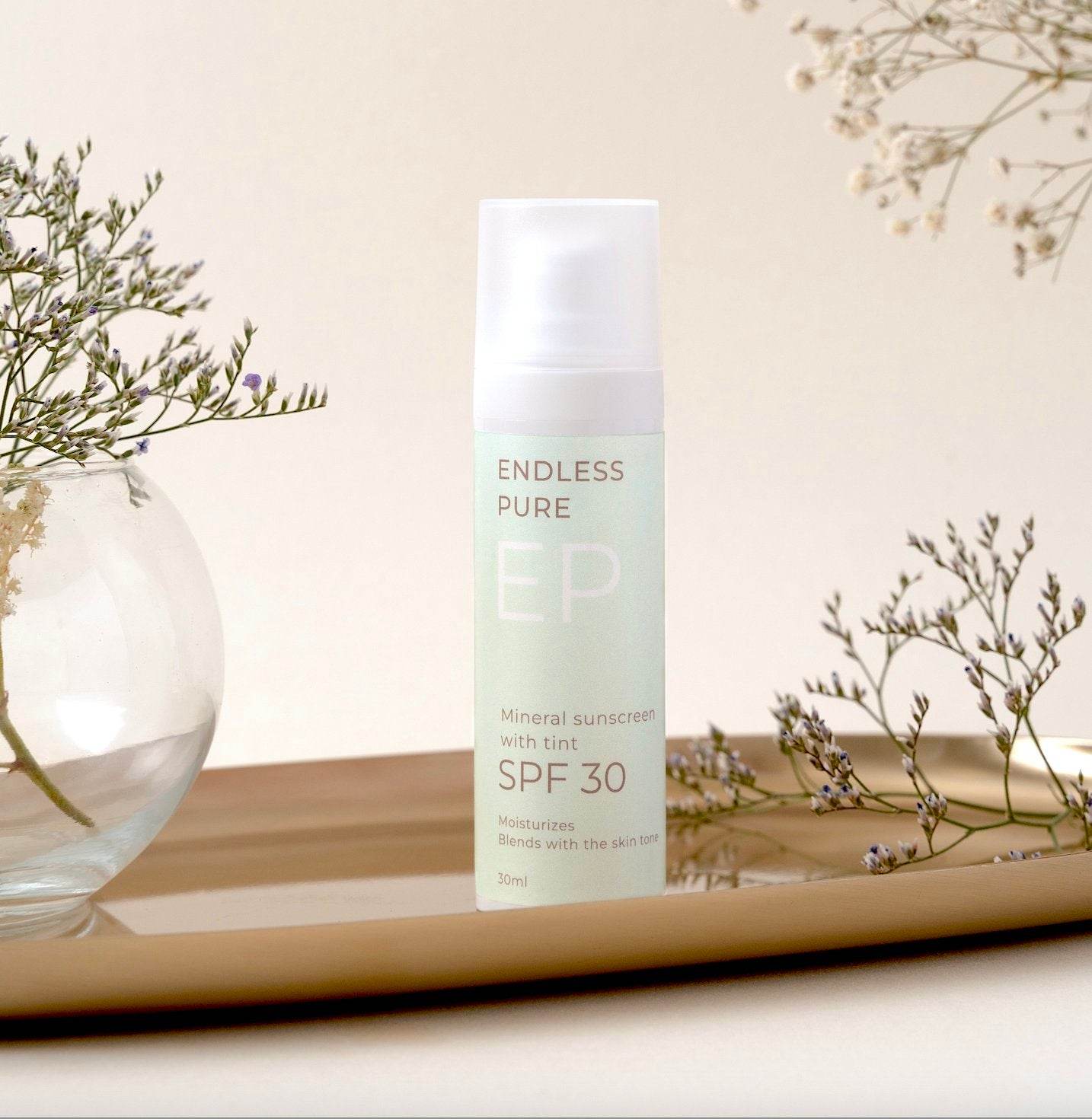What is the Best Sunscreen Protection for Your Face? All you need to know about sunscreen
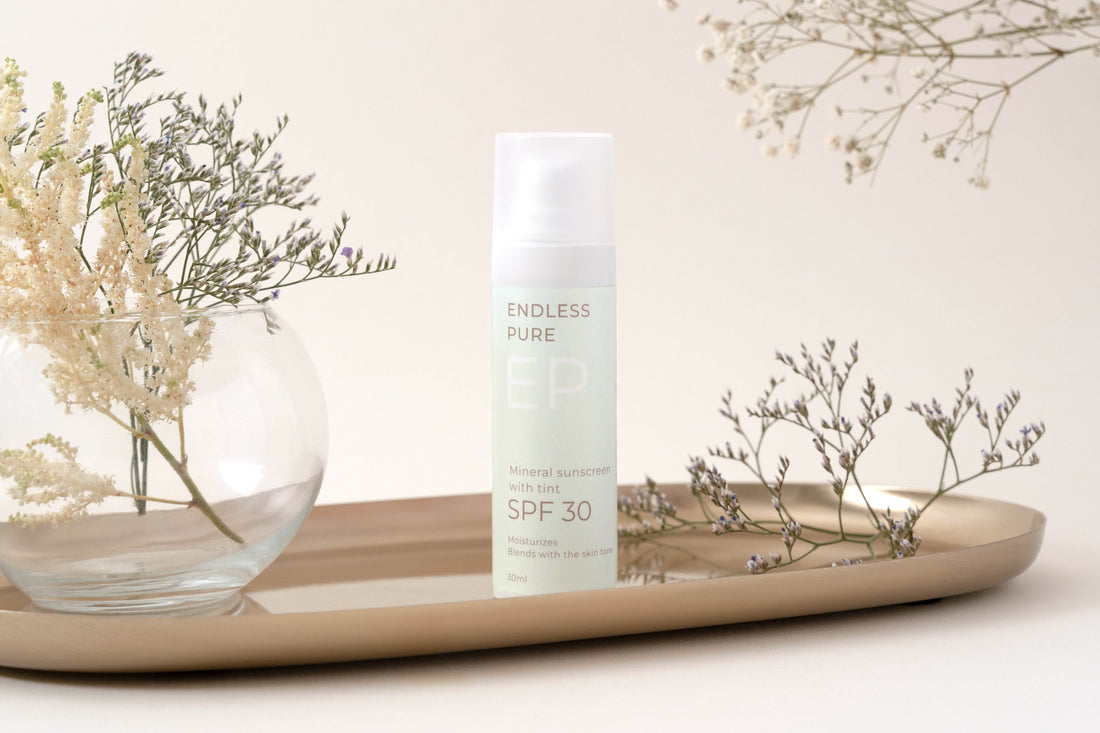
RedThe sun is a vital source of light and warmth, but its ultraviolet (UV) rays can damage the skin if not properly protected. sunscreen is an essential part of any skincare routine, especially for the face. With the variety of products available on the market, it can be difficult to choose the best total protection for face. In this article, we will explore the different aspects of sunscreen, from the difference between natural and regular sunscreens, to ingredients to look for, including whether you should choose a tinted sunscreen for the face.
Table of Content
What is Sunscreen?
Sunscreen is a skincare product designed to protect the skin from ultraviolet (UV) rays from the sun. These rays are classified into two main types: UVA and UVB. UVA rays penetrate deeply into the skin and are responsible for premature aging, while UVB rays cause sunburn and increase the risk of skin cancer.
Sunscreens contain chemical or mineral filters that either absorb or reflect these rays, preventing them from damaging the skin cells. Sunscreens are classified according to their sun protection factor (SPF), which indicates the level of protection they offer. For example, an SPF of 30 blocks about 97% of UVB rays, while an SPF of 50 blocks about 98%.
When to Use Facial Sunscreen?
Daily Protection
The best facial sunscreen is not just for sunny days. In fact, skin is exposed to UV rays even on cloudy days or when it’s cold. This means you should apply sunscreen every day, even in winter, if you want to prevent premature aging and reduce the risk of skin cancer.
It is essential to include sunscreen in your morning skincare routine. A bio facial sunscreen with an appropriate SPF for your skin type (usually SPF 30 or 50 for optimal protection) is a great way to keep your skin protected throughout the day. For those with fair or sensitive skin, a total protection for face might be more appropriate.
Before Outdoor Activities
When you’re going to spend time outdoors, especially for activities like the beach, hiking, or even a simple walk in the sun, it’s important to apply a daily facial sunscreen with a higher SPF. You should also reapply it every two hours, or after swimming or sweating.
Difference Between Natural and Regular Sunscreen
Regular Sunscreen vs. Natural Sunscreen
Traditional sunscreens often contain chemical filters, which work by absorbing UV rays and transforming them into heat. Chemical filters such as oxybenzone or avobenzone are effective, but they can irritate the skin, especially for sensitive skin. Additionally, some chemical filters are controversial due to their environmental impact, particularly on coral reefs.
Natural (or mineral) sunscreens use physical filters such as zinc oxide and titanium dioxide, which reflect and scatter UV rays. These products are generally gentler on the skin and are often recommended for sensitive skin. Furthermore, natural sunscreens often contain nourishing ingredients like hyaluronic acid, which hydrates the skin and helps it remain supple and soft.
Advantages of Natural Sunscreens
- Less Irritating: Natural sunscreens, often free from parabens, sulfates, and harsh chemicals, are better suited for sensitive skin.
- Environmentally Friendly: They are typically safe for coral reefs and the marine environment, unlike chemical sunscreens.
- Extra Hydration: Many natural sunscreens, such as those enriched with hyaluronic acid or sea buckthorn extract, offer added hydration on top of UV protection.
Common Problems with Sunscreen Use
One of the most common issues with sunscreens is the feeling of dry skin. This can be caused by the presence of chemical filters or the effect of a tinted sunscreen, which may sometimes dry out the skin further.
Problems with Texture
Chemical sunscreens can be heavy and difficult to apply evenly, sometimes leaving a greasy or sticky feeling on the skin. This can make it challenging to apply makeup over it.
To avoid this, choose a bio facial sunscreen that is lightweight and absorbs quickly. Mineral sunscreens, especially those enriched with ingredients like hyaluronic acid or strawberry seed oil, tend to offer a more pleasant, hydrating texture.
Tinted Sunscreen for the Face: Is It Necessary?
Whether a tinted facial sunscreen is necessary depends on personal preference. A tinted sunscreen can offer several benefits:
- Evening out the complexion: The slight tint helps cover imperfections, redness, and gives the skin a fresher look.
- Enhanced protection: Some tinted sunscreens contain pigments that also provide protection against visible light, which can also damage the skin.
- Time-saving: For those who don’t want to apply multiple products (sunscreen and foundation), a tinted sunscreen serves the dual function of protecting and giving a light coverage in one step.
If you prefer a total protection for face without the tint, non-tinted mineral formulations with a high SPF can still offer protection while being lightweight on the skin.
Essential Ingredients in Facial Sunscreen
Hyaluronic Acid
Hyaluronic acid is a key ingredient in modern sunscreens, as it helps maintain optimal hydration. This ingredient attracts moisture to the skin, helping it stay smoother, plumper, and more elastic. It is particularly beneficial for dry or sensitive skin, which may be prone to dehydration from sunscreen.
Sea Buckthorn Extract
Sea buckthorn extract, rich in omega-3, omega-6, omega-7, and omega-9 fatty acids, is an excellent ally for nourishing the skin while helping to repair it from external aggressions. It is particularly high in vitamin C, a potent antioxidant, which protects the skin from free radical damage while boosting its elasticity.
Zinc Oxide
Zinc oxide is a mineral sunscreen that acts as a barrier against UV rays. It is highly valued for its soothing and anti-inflammatory properties, making it ideal for sensitive skin. It protects against both UVA and UVB rays, offering broad-spectrum defense.
Strawberry Seed Oil
Rich in omega-3, omega-6, and vitamin C, strawberry seed oil is a powerful ingredient for nourishing the skin. It helps maintain hydration and improve the complexion, while reducing signs of premature aging.
Tocopherol (Vitamin E)
Tocopherol, or vitamin E, is a well-known antioxidant with skin-repairing effects. It helps neutralize free radicals and protects the skin from UV-related damage. It also promotes healing and improves the appearance of fine lines and wrinkles.

|
Mineral sunscreen with tint, SPF30 PROTECT YOUR SKIN WITH A NATURAL MINERAL-BASED SUNSCREEN THAT OFFERS BROAD-SPECTRUM UVA AND UVB DEFENSE. |


